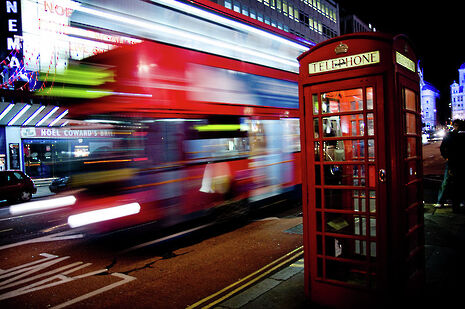Diary of a recovering alcoholic: week 2
What makes an alcoholic? It doesn’t have to be as bad as you think

I was speaking with a friend last night about wishing things were worse. They were worried that their addiction wasn’t bad enough to warrant attention; that they would feel guilty asking for help when others with the same illness had seemingly suffered more.
I know this feeling. It was why I left two different rehabs and why it took me over a year to shake the feeling that I was a fake once I had come into recovery.
I did shake it though – I did it by coming to understand that what qualified me as an alcoholic wasn’t the damage I had done, or the quantity I had drunk, but the effect alcohol had on me and the lengths I would go to continue drinking.
I think my story will be illustrative.
When I was 16, I developed a serious illness that meant I had to take great care of my body. This included stopping smoking and drinking, or trying to. But when I tried, anxiety hit me. It was terrifying. I could stay sober at home, but when I went to meet friends I felt I had to drink to be the person I used to, and still wanted, to be.
But my ill body couldn’t handle it. It would take me days, sometimes weeks, of sitting completely still and barely speaking, for me to fully regain my strength after drinking. Despite these consequences, I couldn’t stop.
What followed were my alcoholic years. A routine developed: throughout the week I would try not to drink, getting more and more angry at the world and my family. By the weekend I would crack, forgetting the days of immobility that would follow, only seeing the prospect of drinking and the giddy excitement that came with it.
I would cling to this feeling through the night. Pushing on as long as possible, not wanting to go home and face my reality. Eventually, as the underground opened in the morning, I would head home and wait to have enough energy to do it all again.
That was my relationship with alcohol and as it consumed me I started to lose things: my relationship with my parents; my school; an Oxford interview. I was asked to leave home twice and most of my friends faded away, but the most important thing I lost was a sense of myself. Previously I had been creative, ambitious, social, but I had no time for these traits in my life of just drinking and recuperating, drinking and recuperating.
Here is a description of alcoholic behaviour from a book that is important to me that I think sums up what I have been saying:
‘[An alcoholic’s] behaviour is as absurd and incomprehensible… as that of an individual with a passion, say, for jay-walking. He gets a thrill out of skipping in front of fast-moving vehicles. He enjoys himself for a few years in spite of friendly warnings. Up to this point you would label him as a foolish chap having queer ideas of fun. Luck then deserts him and he is slightly injured several times in succession. You would expect him if he were normal, to cut it out. Presently he is hit again and this time has a fractured skull. Within a week after leaving the hospital a fast-moving trolley-car breaks his arm. He tells you he has decided to stop jay-walking for good, but in a few weeks he breaks both his legs.
On through the years this conduct continues, accompanied by his continual promises to be careful or to keep off the streets altogether. Finally he can no longer work, his wife gets a divorce and he is held up to ridicule. He tries every known means to get the jaywalking idea out of his head. He shuts himself up in an asylum, hoping to mend his ways. But the day he comes out he races in front of a fire engine, which breaks his back.’
This then is what I came to realise: it doesn’t matter whether I broke my finger, broke my back or just couldn’t move – addiction is not about that, it’s not about the bad things that have happened to you, or me. It is about your relationship with your substance, what it means to you, and ultimately, what you are willing to give up for it.
When I realised that I had given up far more than any sane person would to continue drinking – that was when I realised I was an alcoholic.
 News / Fitz students face ‘massive invasion of privacy’ over messy rooms23 April 2024
News / Fitz students face ‘massive invasion of privacy’ over messy rooms23 April 2024 News / Climate activists smash windows of Cambridge Energy Institute22 April 2024
News / Climate activists smash windows of Cambridge Energy Institute22 April 2024 News / Copycat don caught again19 April 2024
News / Copycat don caught again19 April 2024 News / Emmanuel College cuts ties with ‘race-realist’ fellow19 April 2024
News / Emmanuel College cuts ties with ‘race-realist’ fellow19 April 2024 Comment / Does Lucy Cavendish need a billionaire bailout?22 April 2024
Comment / Does Lucy Cavendish need a billionaire bailout?22 April 2024





